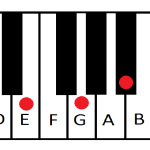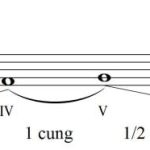Question 126: What is the most appropriate level of labour discipline to impose on Employees for their violations of the ILRs related to the media and social network? Reprimand, prolongation of a salary raise, removal from office or dismissal?
Pursuant to the current labour law, Employers have the right to apply one of the following four forms of labour discipline if Employees commit an act of violation specified in the internal labour regulations of the enterprise including reprimand, salary raise prolongation of less than 06 months, removal from office and dismissal. For the form…
















